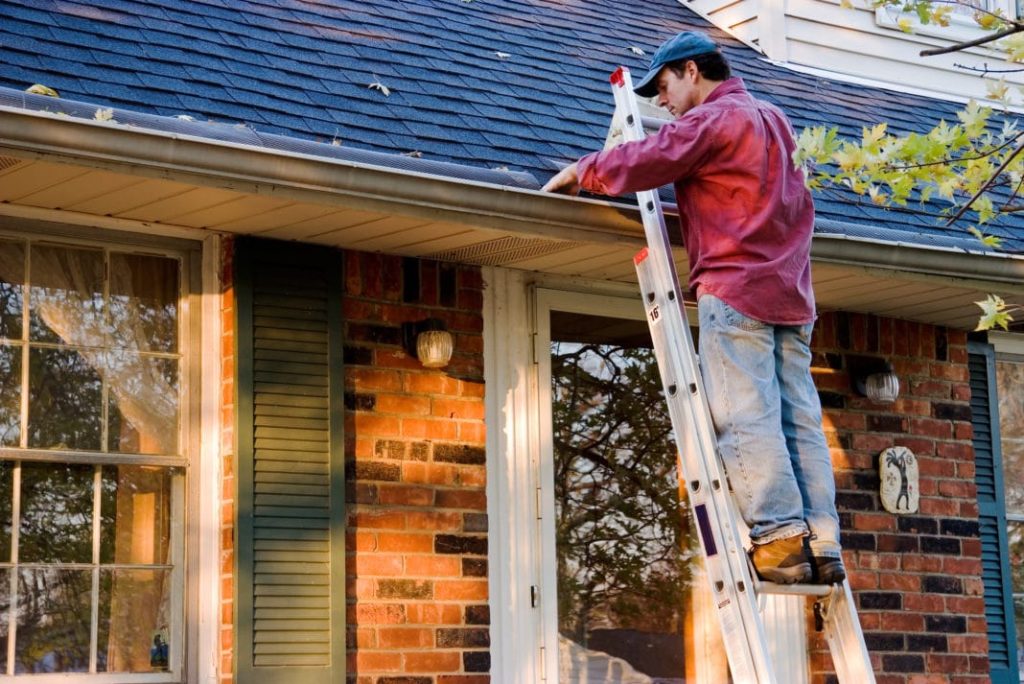Landlords have a lot of responsibilities to their tenants. Legally, you’re required to provide them with safe and habitable conditions, which includes things like working plumbing, lockable doors, and a sound structure.
You’re also expected to take care of emergencies in a timely manner; for example, busted pipes or gas leaks need to be addressed immediately. However, once a tenant moves in, there are several things they become responsible for that the landlord has a right to expect.
Lawn care
Lawn maintenance is usually the responsibility of the tenant, but in most states, it needs to be specified in the lease. When it’s the tenant’s duty, they’re also liable for any citations for violations of city code if they fail to take care of it. For example, most cities fine residents for unkempt or unclean yards. So, if the tenant fails to hold up their end of the bargain, they’ll have to pay the fines themselves.
Other responsibilities relating to yard work, like snow or ice removal, typically also fall on the tenant. The only exceptions would be if the landlord agrees to do it. This is usually the case in apartment complexes or adjoining units, where it would be impossible for tenants to keep an entire parking area or entrance safe for everyone.
Lights and batteries
Landlords are usually responsible for making sure all lights and battery-operated fixtures are in working order when a tenant moves in. This would include replacing light bulbs in fixtures and batteries in things like smoke detectors and doorbells. But once the tenant moves in, most of this responsibility becomes theirs, with some exceptions.
In some states, landlords are supposed to replace batteries for safety devices like smoke alarms and carbon monoxide detectors, but the tenant may be required to let you know when they need it. In other states, like California, landlords are required to provide hard-wired smoke detectors with battery backups.
Most of the time, landlords do routine checks on these once or twice a year to make sure they don’t need batteries. But if the device indicates low battery life, it’s up to the renter to let you know.
Trash
Tenants are always responsible for disposing of their own trash. But it’s the landlord’s responsibility to provide a place to dump it. If the home is in the city, there will be a trash service available for renters to use. This will either be dumpsters in the alley or curbside trash service. The payment for this service, though, can be either party.
Some landlords include the city bill as part of the rent. This usually covers both water and rubbish removal. But most renters are required to pay this themselves. The terms just need to be outlined clearly in the lease agreement.
Cleaning
Landlords are required to make sure the unit is clean before tenants move in, but regular cleaning always falls on the renter. That is, unless something else is stated in the lease. Tenants are required to keep their properties in reasonable living conditions, and some landlords even do inspections to make sure that’s being done.
However, if this is the case, it has to be included in the lease and the rules have to be clear. These rules might include keeping dishes clean, clothes off the floor, and food put away. These types of conditions are not typical, but some apartment complex owners do adhere to them.
Attracting the best renters
Because of all the responsibilities tenants have, it’s important to make sure you attract the best ones. You can do this by being a good landlord and responding to your tenants’ requests. Then word will quickly spread that you’re a good person to rent from.
Also, maintain your property well and keep it updated as much as possible. Good renters have their pick of properties, so make yours competitive. And lastly, screen your tenants thoroughly through a free service like Turbo Tenant. Factors like high credit scores, good references, and clean criminal histories are usually the best indicators you have when it comes to making a choice.





Leave a Reply